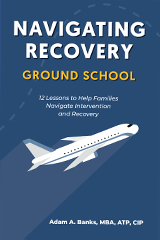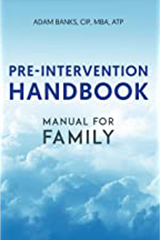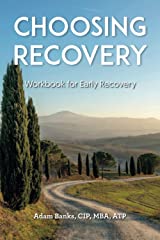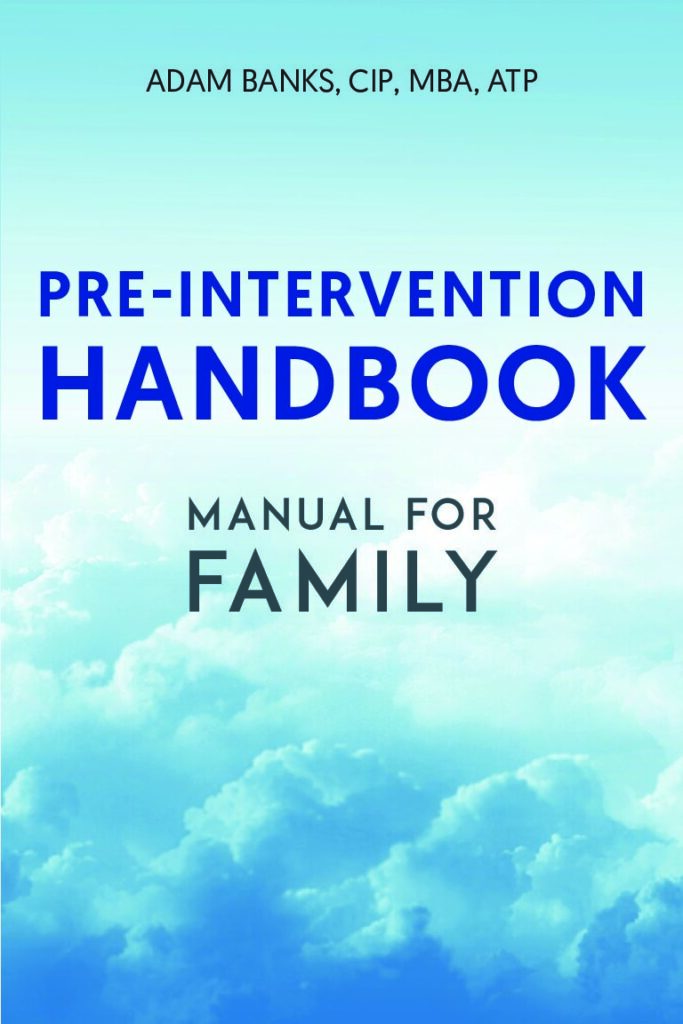
Find Recovery with Professional Guidance
Families are powerful and resilient, when a structured recovery plan is in place your family will move as a group, circling your addicted loved one with the option of recovery. From interventions and recovery coaching to individual and family support, Adam Banks Recovery has the skills and expertise to guide you on the path to hope and healing.
Hope thrives when we have the chance to teach families how to carry out a recovery plan.
One call to us is where recovery starts.






